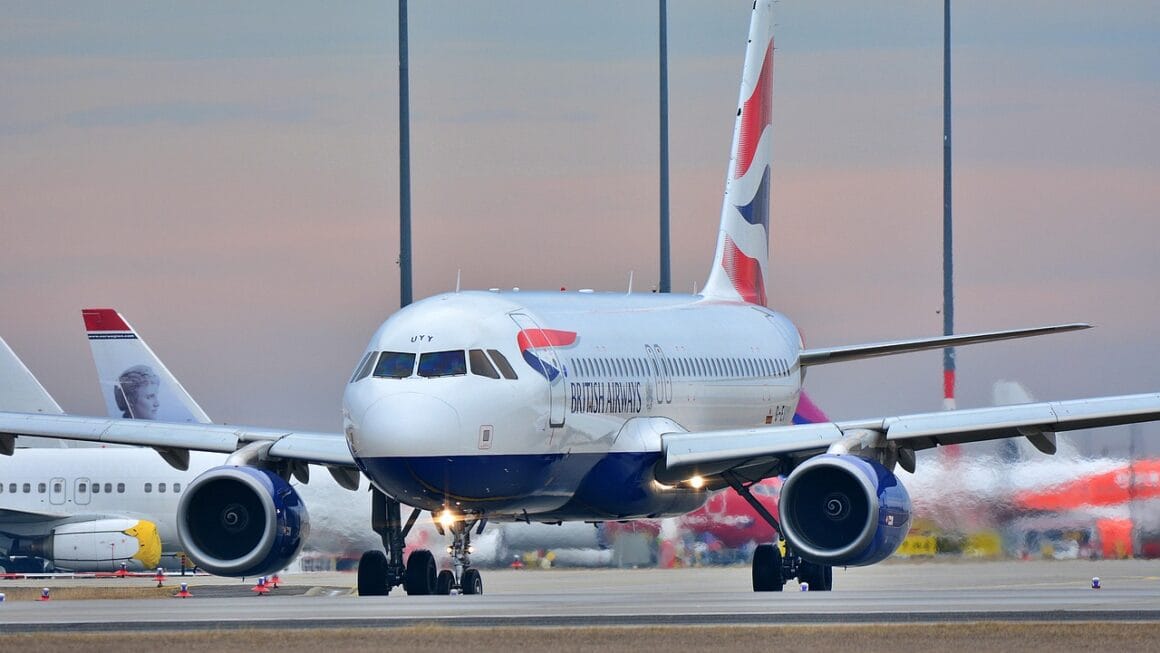Budget travel doesn’t have to mean sacrificing amazing experiences. In fact, some of the most memorable trips are born from embracing a more resourceful and mindful approach to exploration. With a little planning and a willingness to step outside the traditional tourist path, you can unlock a world of adventure without emptying your wallet. This guide will provide you with practical strategies and actionable tips for traveling the world (or just your own backyard!) on a budget, proving that unforgettable journeys are accessible to everyone.
Planning Your Budget-Friendly Adventure
Setting a Realistic Budget
The first step to successful budget travel is knowing how much you can realistically spend. Don’t just pluck a number out of thin air; do your research!
- Research your destination: Websites like Numbeo can give you an idea of the average cost of living, including food, transportation, and accommodation.
- Track your spending for a month: This will help you identify areas where you can cut back and reallocate funds to your travel budget.
- Factor in unexpected costs: Always add a buffer of around 10-15% for unforeseen expenses like medical emergencies, delayed flights, or a must-have souvenir. For example, if your initial budget is $1000, plan for an extra $100-$150.
- Consider the time of year: Traveling during the off-season or shoulder season can significantly reduce costs for flights and accommodations.
Finding Affordable Flights
Flights often represent a significant portion of your travel budget, but there are ways to snag a great deal.
- Be flexible with your dates: Use flight comparison websites like Google Flights, Skyscanner, and Momondo to search for the cheapest dates. Look for flights on Tuesdays and Wednesdays, as these tend to be less expensive.
- Consider alternative airports: Flying into a smaller, regional airport near your destination can sometimes save you a significant amount of money.
- Set price alerts: Most flight comparison websites allow you to set up email alerts that notify you when prices drop for your desired route.
- Fly budget airlines: Airlines like Ryanair, EasyJet, and Southwest can offer incredibly cheap fares, but be sure to factor in baggage fees and other potential add-ons.
Accommodation Hacks for the Thrifty Traveler
Accommodation costs can quickly add up, but there are plenty of ways to save on lodging.
- Hostels: Hostels are a great option for solo travelers or those looking to meet new people. They offer dorm rooms at very affordable prices, and many also have private rooms available.
- Airbnb: Airbnb can be a great alternative to hotels, especially for longer stays or when traveling with a group. Look for apartments or rooms outside of the city center for the best deals. Remember to read reviews carefully before booking.
- Couchsurfing: Couchsurfing allows you to stay with locals for free, offering a unique cultural experience and a chance to connect with people from all over the world.
- Consider alternative accommodations: Think about camping, house-sitting, or even work exchanges in exchange for accommodation and sometimes food. Sites like Worldpackers and Workaway can help you find such opportunities.
Eating Well Without Breaking the Bank
Embrace Local Markets and Street Food
Eating out in restaurants every night can quickly deplete your travel budget. Instead, embrace local markets and street food.
- Visit local markets: Buying fresh produce, bread, and cheese from local markets allows you to prepare your own meals and save money. It’s also a great way to experience the local culture.
- Explore street food options: Street food is often delicious, authentic, and incredibly affordable. Do your research and choose vendors with good reviews and long lines (a sign of popularity).
- Cook your own meals: If you’re staying in an Airbnb or hostel with a kitchen, take advantage of it! Cooking your own meals will save you a significant amount of money compared to eating out.
- Pack snacks: Bring your own snacks to avoid buying overpriced food at tourist attractions or airports.
Free Food Opportunities
- Take advantage of hostel breakfasts: Many hostels offer free breakfasts, which can save you money and time in the morning.
- Look for free walking tours: Many free walking tours offer a complimentary snack or drink as part of the tour.
- Attend cultural events: Some cultural events or festivals offer free food samples or tastings.
Getting Around on a Shoestring
Public Transportation: Your Best Friend
Public transportation is almost always the most affordable way to get around in a new city.
- Research public transportation options: Before you arrive, research the public transportation options available in your destination, including buses, trains, trams, and subways.
- Purchase a travel card: Many cities offer travel cards that provide unlimited rides on public transportation for a certain period. This can be a great value if you plan on using public transportation frequently.
- Walk or bike: Walking or biking is a great way to explore a new city and get some exercise at the same time. Many cities offer bike-sharing programs that allow you to rent a bike for a small fee.
- Consider ride-sharing services carefully: While ride-sharing services like Uber and Lyft can be convenient, they can also be expensive. Use them sparingly and compare prices before booking.
Free Activities and Attractions
- Free Walking Tours: Many cities offer free walking tours that provide a great introduction to the area. While the tours are technically free, it’s customary to tip your guide at the end.
- Parks and Gardens: Pack a picnic and enjoy a relaxing day in a local park or garden. Many parks offer free concerts or events throughout the year.
- Museums on Free Days: Many museums offer free admission on certain days of the week or month. Check the museum’s website for details. For example, many museums in Washington D.C. are free year-round.
- Hiking and Nature: Explore the natural beauty of your destination by going for a hike or visiting a national park. Many national parks offer free admission on certain days of the year.
- Attend free events: Check local event listings for free concerts, festivals, and other activities.
Staying Connected Without Paying a Fortune
SIM Cards vs. International Roaming
Staying connected is important, but international roaming charges can be exorbitant.
- Purchase a local SIM card: Purchasing a local SIM card is almost always the most affordable way to stay connected while traveling. You can usually buy a SIM card at the airport or in a local phone store.
- Use Wi-Fi: Take advantage of free Wi-Fi hotspots at cafes, libraries, and other public places.
- Download offline maps: Download offline maps to your phone so you can navigate without using data.
- Communicate using messaging apps: Use messaging apps like WhatsApp, Telegram, and Viber to communicate with friends and family back home.
Free Entertainment
- Read books: Download e-books to your tablet or bring physical books for entertainment on long journeys.
- Listen to podcasts: Download podcasts to listen to while you’re exploring your destination.
- Learn the local language: Use free language learning apps like Duolingo to learn some basic phrases in the local language.
Travel Insurance: An Essential Investment
Why Travel Insurance is a Must
While you’re trying to save money, skimping on travel insurance is a huge risk.
- Medical emergencies: Travel insurance can cover the cost of medical treatment if you get sick or injured while traveling.
- Lost or stolen belongings: Travel insurance can reimburse you for the cost of lost or stolen luggage and personal belongings.
- Trip cancellations or interruptions: Travel insurance can cover the cost of non-refundable flights and accommodations if you have to cancel or interrupt your trip due to unforeseen circumstances.
Finding Affordable Travel Insurance
- Compare policies: Use websites like InsureMyTrip and Squaremouth to compare travel insurance policies and find the best deal.
- Consider an annual policy: If you travel frequently, an annual travel insurance policy may be more cost-effective than purchasing individual policies for each trip.
- Read the fine print: Be sure to read the fine print of your travel insurance policy to understand what is and isn’t covered.
Conclusion
Budget travel is all about being resourceful, adaptable, and willing to step outside your comfort zone. By implementing these tips, you can unlock incredible experiences without breaking the bank. Remember that the most valuable travel memories often come from the unexpected moments and connections you make along the way. So, pack your bags, embrace the adventure, and discover the world on your terms!




